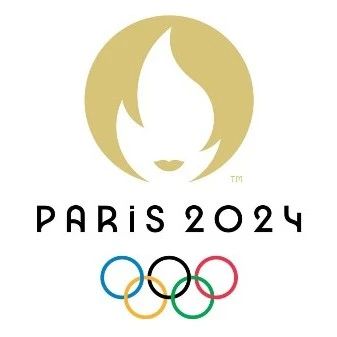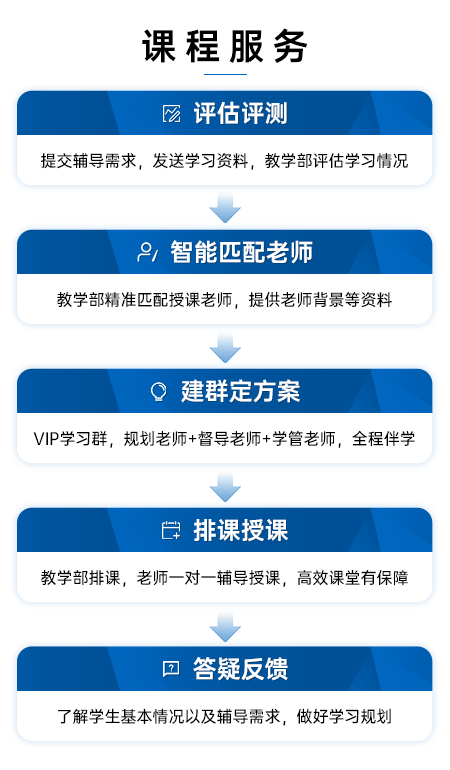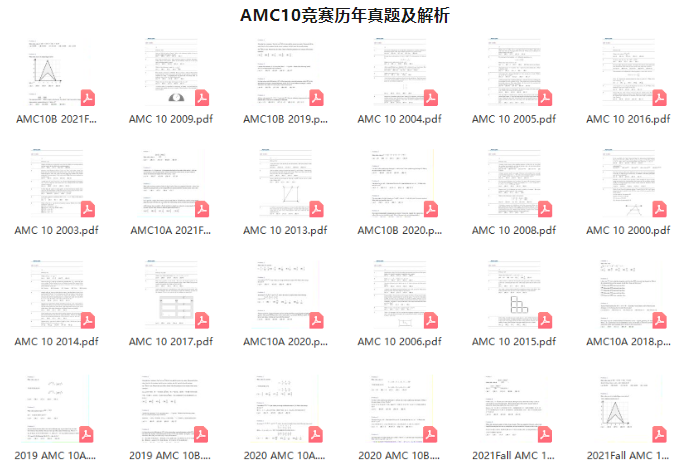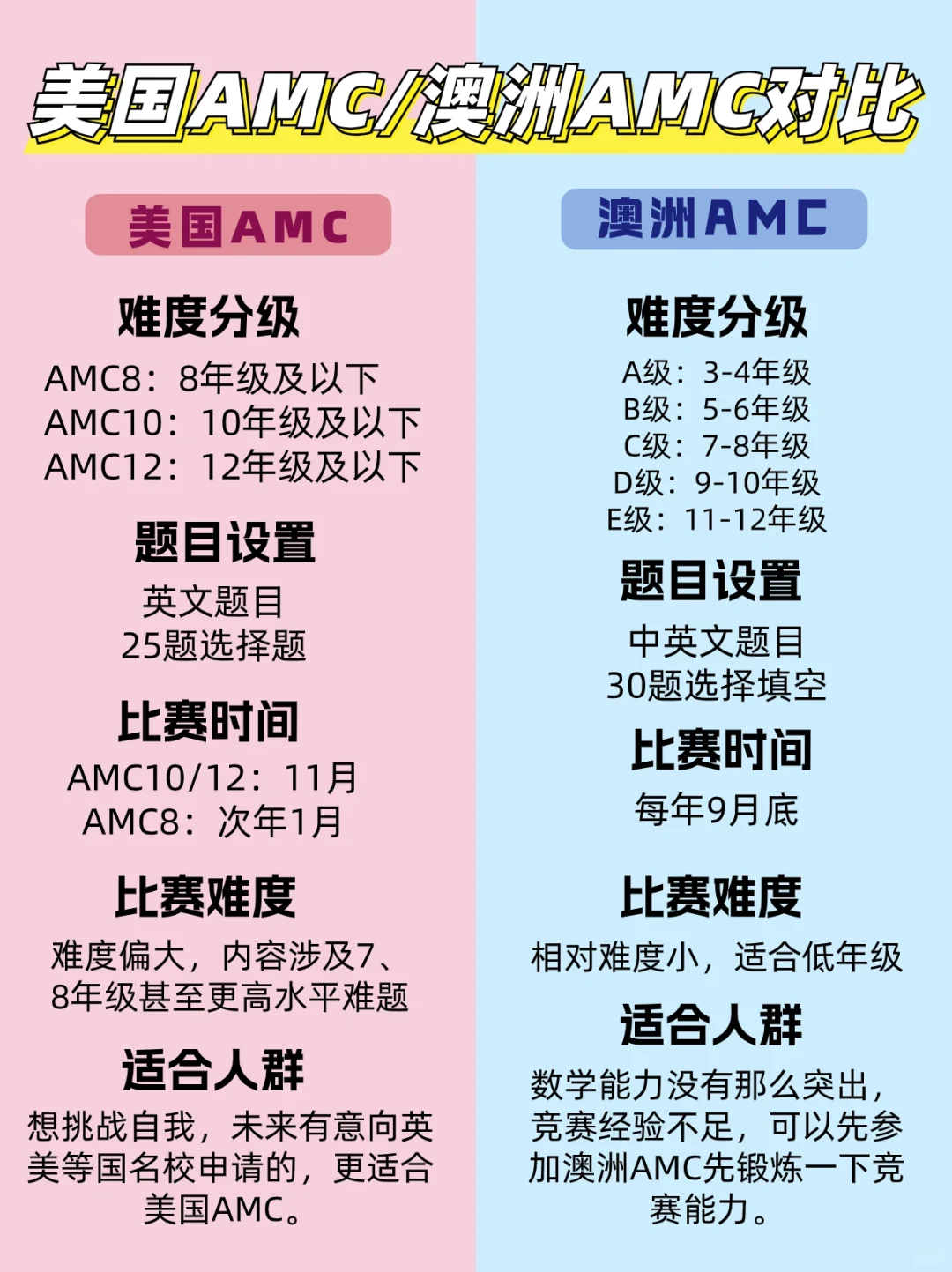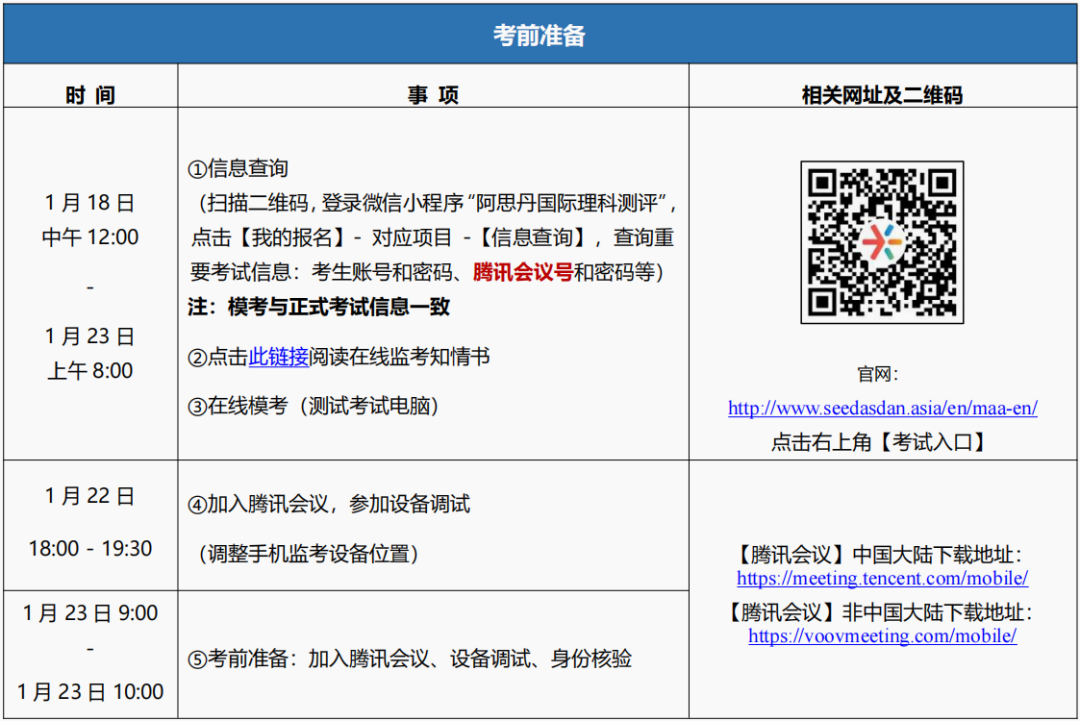中文赛题:推进电动公交车
全球各城市电动公交车(简称 e-bus)的普及代表了可持续城市交通的重要进展。随着对空气污染和气候变化担忧的不断增加,许多城市被促使重新考虑他们对传统柴油公交车的依赖。根据彭博新能源财经最新的一份报告[1],预计在2032年前,电动公交车将成为全球道路上大多数公交车的主导型号。中国在这一转变中尤为值得关注,因为中国拥有世界上大多数电动公交车,这在很大程度上是由于政府优先考虑电动车辆和严格的排放标准的政策所驱动的。
全球各地的城市(例如哥伦比亚波哥大、美国纽约和德国柏林等)也正在积极努力将电动公交车纳入其公交车队,尽管进展较为缓慢。
电动公交车不仅环保,而且由于电池价格下降和运营费用降低,预计从长远来看也将具有成本效益。政府的激励措施(如美国2023年两党基础设施法案为美国电动公交项目分配了17亿美元[1])进一步推动了电动公交车的普及。然而,电动公交车的推广也面临很多挑战:包括高昂的初始成本、充电基础设施的建造、漫长的充电时间以及潜在的续航里程限制。
-
构建一个模型,帮助城市了解过渡到全电动公交车的生态结果。选择一个拥有至少50万人口的大城市,该地区目前的公交车还没有实现全部电动化。将您的模型应用于你所选择的这个城市。
-
钱很重要。构建一个模型,重点关注于升级为电动公交车的相关财务影响。您的模型应考虑潜在的外部资金,最多可覆盖50%的过渡成本。将你的财务模型应用于前一个问题中你所选取的城市。
-
城市的交通官员正在探索逐渐将公交车从燃油引擎转变为电动引擎的途径。假设目标是在2033年之前实现全部公交车的电动化,请利用你之前开发的模型制定一个10年的路线图,城市交通主管部门可以利用该路线图来规划电动公交车的升级。请将你的模型(或新模型)应用于前一个问题中所选取的城市。此外,你还需额外选取两个大城市,并将模型应用到这两个城市。
-
针对你所选取的其中一个城市,给这个城市的交通官员写一封一页的信,在信中详细说明你们对他们升级电动公交车的建议。
您的 PDF 解决方案总页数不得超过25页,包括:
- 一页摘要页。
- 目录。
- 完整解决方案。
- 一封给交通官员的信(一页)。
- 参考文献列表。
- AI使用报告(如果使用不计入 25 页总限制)。
注意:HiMCM 提交的完整解决方案没有特定的最低页数要求。您可以使用最多 25 页的总页数来展示您所有的解决方案工作和任何您想包含的额外信息(例如:图纸、图表、计算、表格)。部分解决方案也是可以接受的。我们允许谨慎使用AI,如ChatGPT。如果你选择使用生成性 AI,就必须遵守 COMAP AI 使用政策:你必须在 PDF 解决方案文件的末尾添加一个额外的 AI 使用报告,这个报告不计入您解决方案的 25 页总页数限制。
术语表
电动公交车(简称 e-bus)是指其推进和附属系统完全由零排放的电源供电的公交车。
大城市:包含大量人口核心区域,以及与该核心区域经济和社会高度整合的相邻社区。
参考资料
[1]Electric Vehicle Outlook 2023:https://about.bnef.com/electric-vehicle-outlook
[2]Biden-Harris Administration Announces Nearly $1.7 Billion to Help Put Better, Cleaner Buses on the Roads in Communities Across the Country:https://www.transit.dot.gov/about/news/biden-harris-administration-announces-nearly-17-billion-help-put-better-cleaner-buses
Problem: Charging Ahead with E-buses
The proliferation of electronic buses (e-buses) in cities across the globe represents a significant stride toward sustainable urban transport. With the mounting concerns over air pollution and climate change, many cities have been prompted to reconsider their reliance on traditional diesel buses. According to a recent report by Bloomberg New Energy Finance[1], e-buses are set to dominate the public transit sector, becoming the majority of all buses on the road globally by 2032. China has been particularly noteworthy in this transition, as it is home to most of the world's e-buses, driven in large part by government policies that prioritize electric vehicles and stringent emission standards. Cities throughout the world (e.g., Bogota, Colombia, New York, USA, and Berlin, Germany) are also making concerted efforts to incorporate e-buses into their fleets, albeit at a more gradual pace.
E-buses aren't only environmentally appealing but are also anticipated to be cost-effective in the long run due to falling battery prices and lower operational expenses. Governmental incentives, such as the $1.7 billion allocation from the 2023 Bipartisan Infrastructure Law for e-bus projects in the U.S.[2], further bolster e-bus adoption. However, challenges include high initial costs, charging infrastructure development, lengthy charging times, and potential range limitations.
-
Construct a model to aid cities in understanding the ecological consequences of transitioning to an all-electric bus fleet. Identify a metropolitan area with a population of (at least) 500,000 people that does not currently have a fully electric bus fleet. Apply your model to your chosen location.
-
Money matters. Construct a model that focuses on the financial implications associated with a conversion to e-buses. Your model should factor in potential external funding covering up to 50% of the transition costs. Apply your financial model to the same metropolitan area you used in the previous question.
-
Transportation officials in metropolitan areas are exploring approaches in which they gradually change their fleet from combustion engines buses to electric. Assuming the goal is to have a fully electric fleet no later than 2033, utilize your previously developed models to craft a 10-year roadmap that urban transport authorities can leverage to plan their e-bus fleet updates. Apply your models (or new model) to the same metropolitan area you used in the previous question and also apply it to two additional metropolitan areas of your choosing.
-
Write a one-page letter to the transportation officials of one of your chosen metropolitan areas in which you detail your recommendation for their transition to e-buses.
Your PDF solution of no more than 25 total pages should include:
- One-page Summary Sheet.
- Table of Contents.
- Your complete solution.
- One-page letter to the transportation officials.
- References list.
- AI Use Report (If used does not count toward the 25-page limit.)
Note: There is no specific required minimum page length for a complete HiMCM submission. You may use up to 25 total pages for all your solution work and any additional information you want to include (for example: drawings, diagrams, calculations, tables). Partial solutions are accepted. We permit the careful use of AI such as ChatGPT, although it is not necessary to create a solution to this problem. If you choose to utilize a generative AI, you must follow the COMAP AI use policy. This will result in an additional AI use report that you must add to the end of your PDF solution file and does not count toward the 25 total page limit for your solution.
Glossary
AnElectric Bus (e-bus)is any bus whose propulsion and accessory systems are powered exclusively by a zero-emissions electricity source.
Metropolitan Area: a core area containing a large population nucleus, together with adjacent communities that have a high degree of economic and social integration with that core.
References
[1]Electric Vehicle Outlook 2023:https://about.bnef.com/electric-vehicle-outlook
[2]Biden-Harris Administration Announces Nearly $1.7 Billion to Help Put Better, Cleaner Buses on the Roads in Communities Across the Country:https://www.transit.dot.gov/about/news/biden-harris-administration-announces-nearly-17-billion-help-put-better-cleaner-buses





